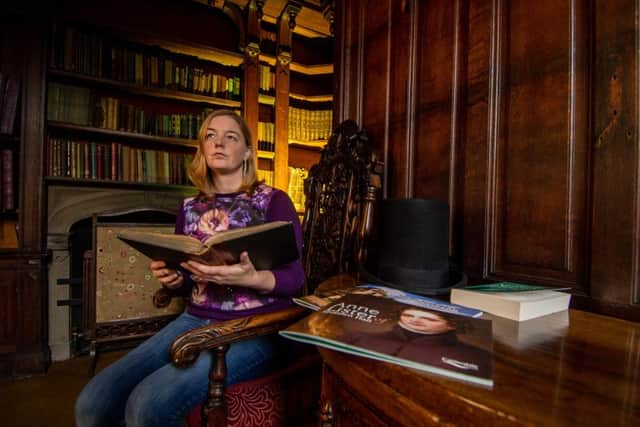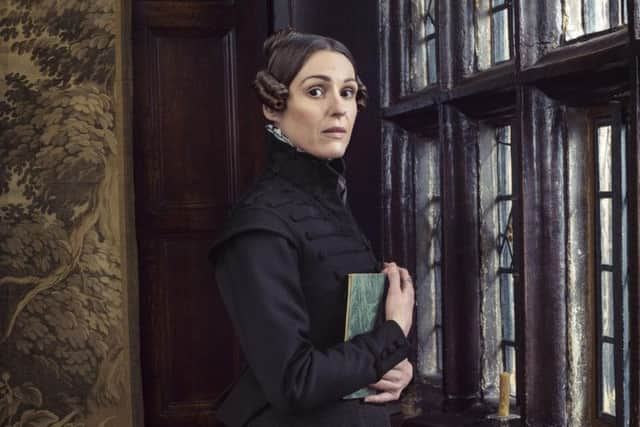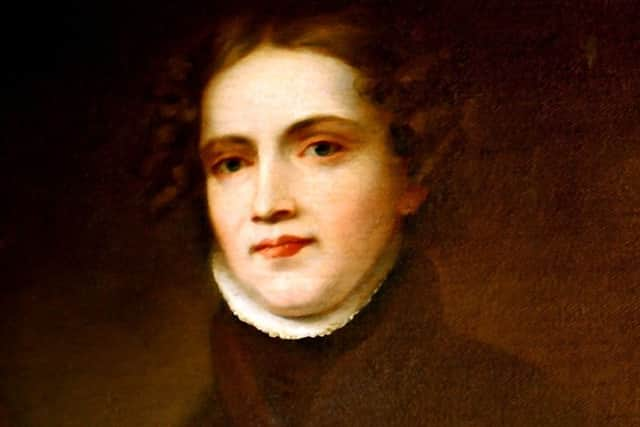When Emily met Anne... did Gentleman Jack influence Wuthering Heights?
But the exchange of glances across the pews between Emily Brontë and Anne Lister may have been a seminal moment in literature.
On the outskirts of Halifax, two miles from where it happened, authors and historians will gather on Monday to consider just how deeply Gentleman Jack influenced Wuthering Heights.
Advertisement
Hide AdAdvertisement
Hide AdIt was in the autumn of 1838 that the 20-year-old Emily left home in Haworth for a seven-month teaching residency at Elizabeth Patchett’s progressive Law Hill School at Southowram, some 12 miles over the moors and in the shadow of Shibden Hall, Ms Lister’s family home.


During the harsh winter that followed, the sight of the oddly-dressed, aloof and sexually promiscuous Ms Lister awoke in the repressed and homesick Emily a rebellious streak that would characterise her work.
“They would absolutely have been in the same place at the same time, not least in church,” said Claire Harman, the author of five literary biographies, including Charlotte Brontë.
“The school had a pew at church and Anne Lister had a pew, and she would have heard all the gossip about her, not least from Miss Patchett, who was running a girls’ school right next to Shibden. She was known as Gentleman Jack even then.”
Advertisement
Hide AdAdvertisement
Hide AdThe snobbish Ms Lister is unlikely to have noticed the “downtrodden, underpaid, miserable assistant teacher” across the church, but the encounter left a lasting impression on Emily’s work, said Ms Harman, who is one of the speakers at Monday’s event inside Halifax’s Bankfield Museum, where costumes from this year’s TV series about Ms Lister are also on show.


“Emily Brontë was actually much more of a free and untrammelled spirit than even Anne Lister. She was not somebody who bothered about conventions at all,” she said.
“She had a heretical and an amoral mind, which is what makes her a great and very unusual poet.
“I‘ve thought for a long time that Wuthering Heights is a homo-erotic novel, or at least a non-heterosexual one. Heathcliff is not my idea of a romantic hero.
Advertisement
Hide AdAdvertisement
Hide Ad“Its stirring-up comes from Emily’s experience at Law Hill, and Anne Lister’s strangeness and power was a big part of that.”


Nick Holland, another Brontë author, also said Emily would have been impressed by Ms Lister. “I think she felt a kindred spirit – not sexually, but as a unique, intelligent woman who struck out on her own. That’s the sort of person Emily was,” he said.
Angela Clare, collections manager at Calderdale Museums, who has organised Monday’s public event in partnership with the Brontë Parsonage at Haworth, said Ms Lister’s current TV fame, after two centuries hidden from the world, had caused literary historians to now consider her work considered alongside the Brontë sisters.
“Anne Lister never published, but her achievement of 5m words of diaries can’t really be overlooked,” she said.
Advertisement
Hide AdAdvertisement
Hide Ad“There are lots of crossovers with the Brontës in the type of lives they led, in the same area at around the same time, so we wanted to experiment and bring them together for a conference.”
Helena Whitbread, the historian who transcribed Ms Lister’s coded text, will also speak at Monday’s all-day event, for which tickets at £45 are on sale at bronte.org.uk.